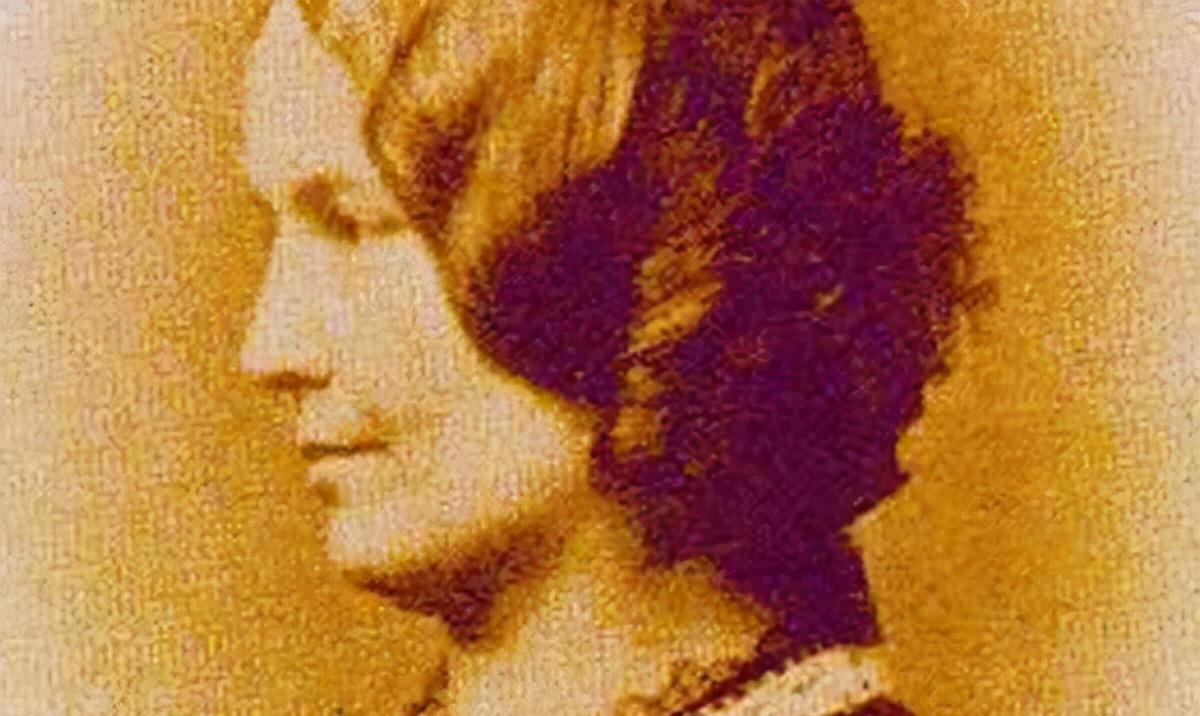Hi, welcome to "Her Power".
"Her Power" will take you to understand the outstanding women in literature, art, politics, science and technology, and try to objectively present the difficulties faced by these outstanding women in different eras and their coping methods, so that you can absorb their wisdom and strength.
Today, I will take you to know the famous Victorian women writer, Charlotte Brontë.

Author like
Charlotte Brontë (April 1816 – March 1855) was an English Victorian writer. Born in 1816 to a family of village priests in Howarth, Yorkshire, northern England, she was sent to a boarding school where she spent 7 years after the early death of her mother. Like the heroine of her book Jane Eyre, she later worked as a governess for several years.
In 1847, Charlotte Brontë published the novel Jane Eyre, and her other works such as Shelley, Villette, and The Teacher were well-known female writers in the British literary world, along with her two younger sisters, Emily Brontë and Anne Brontë, and known as the "Brontë Three Sisters".
The brontë sisters, From left to right, Anne, Emily, and Charlotte
In the author's time, women's "daring to hold a pen" was considered a very "wanton" move. Society is extremely unwelcome in women's writing, reading, and thinking, and men only desire women to make a beautiful vase of "meditation" at home.
They tell us that we have misplaced our gender and the way we behave; that politeness, fashion, dancing, dressing, and playing are the talents we should learn; writing, reading, thinking, or asking questions can damage the beauty of our faces, consume our time, and waste our youth.
Thus, on the cover of the novel Jane Eyre, which has survived to this day, we see the author's signature being a man's name, Koller Bell. At that time, women wanted to publish literary works only in the form of anonymous, pseudonymous publications, in fact, when Charlotte Brontë wrote her first novel, The Teacher, she disguised herself as a man and tried to distance herself from women.
In the Jane Eyre manuscript, the crossed out "Köller Bell" is Charlotte's "masculine" pen name
Nevertheless, Charlotte Brontë, through words, constantly sought a way for women to escape under the repression of patriarchal power. In "Jane Eyre", she portrays an independent, stubborn, rational female figure, and when the hero Rochester proposes to her, she resolutely leaves because the other party already has a "crazy wife".
The more lonely I am, the more I have no relatives and friends, the more I have to respect myself. I want to respect the laws that God has given and that the world has approved. I want to stick to the principles I accepted when I was sober and not confused as I am now. - "Jane Eyre"
Jane Eyre movie poster
And she also expressed her yearning for freedom and equality through the mouth of Jane Eyre, trying to break the stereotype tailored to women in society.
Women are usually thought to be very quiet, but women also have the same feelings as men. Like their brothers, they also have to show their talents and have their place of use. They will feel very painful about too strict restraints, for too much absolute stagnation, exactly like men. - "Jane Eyre"
"Jane Eyre"
Charlotte Brontë's creative philosophy is close to her personal experience, and in her first work, The Teacher, she does not yet have a clear awareness of the subjects that control her thoughts, but in Jane Eyre, she has clearly expressed her anger.
Charlotte Brontë
And this anger has obviously attracted criticism from society. Some say that "Jane Eyre" has a stubborn, lawless spirit running through it. Others say that "Kohler Bell" seems to be at first glance a "mischievous, rough, disgruntled man." ”
However, this "frightened" Victorian Jane Eyre, still bursting with anger in the voice of criticism and suppression, also made "Jane Eyre", a work expressing female rebellion, become a pamphlet of feminist tendencies in later generations.
In June 1854, at the age of 38, Charlotte finally overcame the objections of her stubborn father and married the Reverend Abénice Coles. On March 31, 1855, Charlotte died at the age of 39.
The power that Charlotte Brontë left for every woman is:
Charlotte Brontë lost her mother at an early age, was sent to boarding school at an early age, and lived a lonely life from an early age. She wrote about her experiences in a series of literary works, creating many independent and rational female figures. She didn't meet her love until a year before her death, when she endured the pain of her two younger sisters going before her due to illness. Although Jane Eyre's successful ending was criticized by later literary critics, the author bravely raised the banner of equality between men and women, a banner that still inspires every woman who pursues independence and self to this day.
That's all there is today, if you like my article, you can follow "Her Power" or share it with your friends.
Do you also like Jane Eyre? Welcome to leave a message in the comment area, thank you.